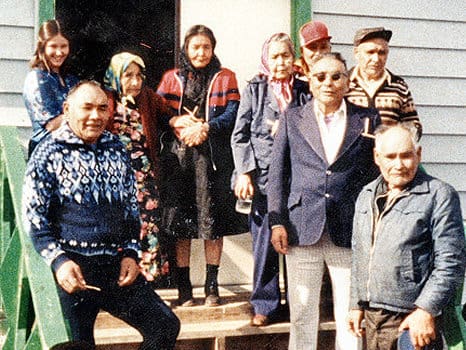Our rich heritage of language and culture
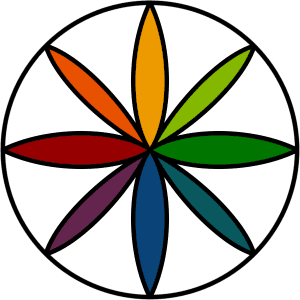
Who We Are
The Yekoochet’en (People of Yekooche) have lived in the Stuart Lake area for thousands of years. Today, approximately 100 members live in the Village and 125 reside in Fort St. James, Prince George, or beyond.
As a proud member of the British Columbia First Nations, we are accomplishing independence by investing in education, cultivating business partnerships and celebrating the rich heritage of our language and culture.

Who We Are
The Yekoochet’en (People of Yekooche) have lived in the Stuart Lake area for thousands of years. Today, approximately 100 members live in the Village and 125 reside in Fort St. James, Prince George, or beyond.
As a proud member of the British Columbia First Nations, we are accomplishing independence by investing in education, cultivating business partnerships and celebrating the rich heritage of our language and culture.

Who We Are
The Yekoochet’en (People of Yekooche) have lived in the Stuart Lake area for thousands of years. Today, approximately 100 members live in the Village and 125 reside in Fort St. James, Prince George, or beyond.
As a proud member of the British Columbia First Nations, we are accomplishing independence by investing in education, cultivating business partnerships and celebrating the rich heritage of our language and culture.
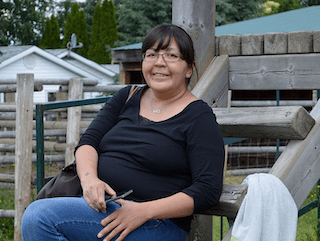
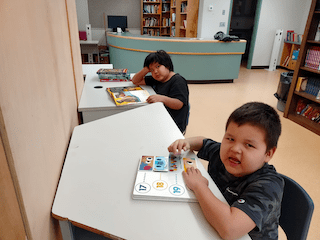
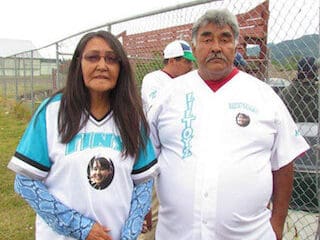
Yekooche Elders are vitally important in our community for their knowledge, wisdom, storytelling, language and teaching of traditional culture.
Elders know our medicine and are preserving this knowledge by teaching others. They resolve issues without harsh punishment and are valued by members for advice on important issues.
Elders respect the potlatch system, passing this practice on to the young people to convey clan memberships. Potlatches are held to pay a caregiver of someone that has passed away and their family, to acknowledge someone as they change clans, or to wecome a new Band member.
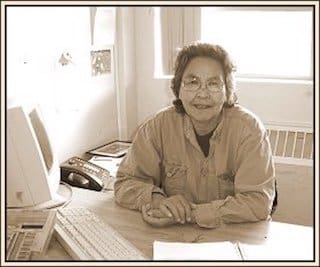
Our Heritage
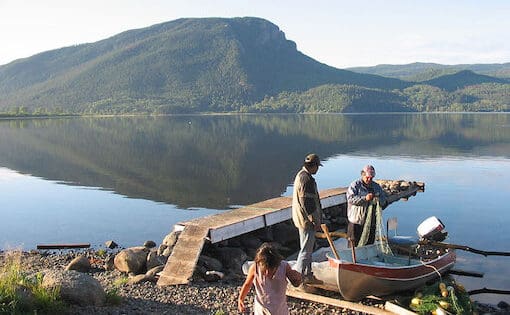
Elders Sharing Our History
Situated in a rich area encompassing the Skeena and Fraser watersheds, the community prospered until the arrival of the Europeans.
In the beginning, the Yekoochet’en (also known as the Portage Band) shared our resources and knowledge, allowing the Hudson’s Bay Company to establish a lucrative fishery on Yeko Bun (Cunningham Lake) and to freight goods between Stuart and Babine Lakes.
Over the next 150 years our people saw their rights and way of life consistently eroded as trappers, prospectors and resource companies were given access to their traditional lands.
1959: To settle reserve lands disputes, the Federal Government amalgamated Tache, Pinche, Portage (Yekooche), Grand Rapids and Middle River communities into the Stuart-Trembleur Lakes Band.
1987: Stuart-Trembleur Lakes Band changed their name to the Tl’azt’en Nation.
1994: Portage Band left Tl’azt’en Nation to form their own community known as the Yekooche First Nation living on their four reserve areas.
We believe our unique dialect shows us who we are in both our history and for our future.
We must use and protect it, dedicating time and effort to teaching the Dakelh language to our young, and fostering pride in conversing with our Elders before it is too late.
GREETING AUDIO: 'We are glad you came!"
Our Language
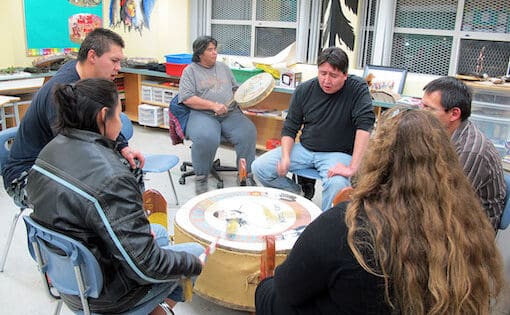
Proud to Preserve
The Dakelh language (commonly known as Carrier) is spoken by our people in central British Columbia. Historically, the first Europeans to reach us passed through Sekani territory and learned of our people enroute. Also known as ‘les Porteurs’ by the French, the language is occasionally called ‘Porteur’.
As people who travelled by water in a land of lakes, portaging with our possessions, this may be why the Government called us the ‘Portage Band’ instead our own name, Yekoochet’en, which ties us to our land and lakes.
Of the many dialects of Dakelh today, some in the most remote communities are more protected from the pressure to use outside languages. We are determined to reverse the trend of declining usage to ensure more children, youth, and young adults will speak it well into the future.
Elders remember and share stories about being taken away from their families at Portage during this time.
Sent to residential schools, they were prevented from using their own language or practicing cultural beliefs.


